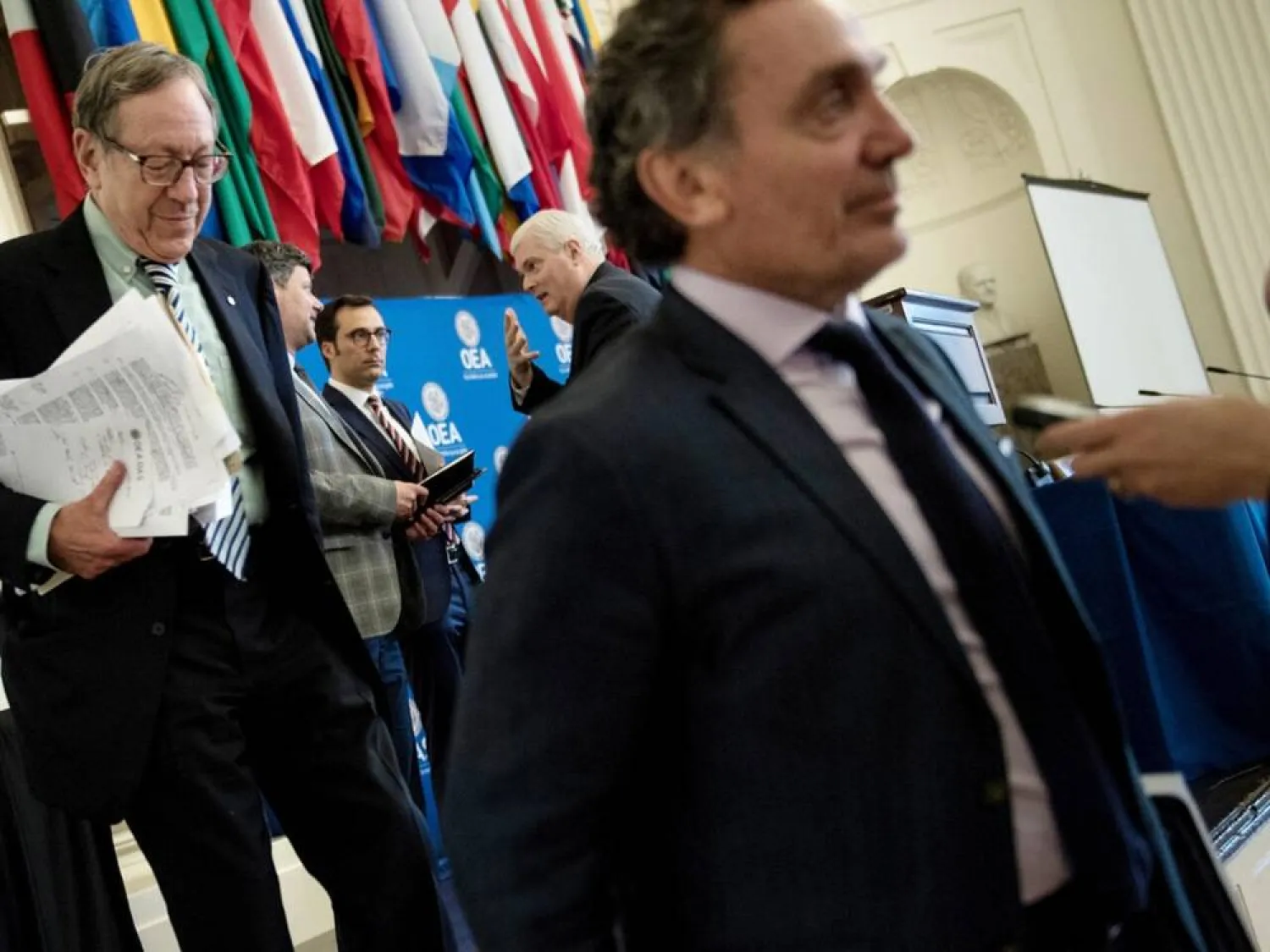Canadian authorities recently foiled an alleged Iranian plot to assassinate Irwin Cotler, a former justice minister who has been a strong critic of Tehran, Cotler's organization said Monday.
The 84-year-old was justice minister and attorney general from 2003 to 2006. He retired from politics in 2015 but has remained active with many associations that campaign for human rights around the world.
The Globe and Mail newspaper reported that he was informed on October 26 that he faced an imminent threat -- within 48 hours -- of assassination from Iranian agents.
Authorities tracked two suspects in the plot, the paper said, citing an unnamed source.
In an email to AFP, the Raoul Wallenberg Center for Human Rights, where Cotler is international chair, confirmed the Globe and Mail report.
Cotler "has no knowledge or details regarding any arrests made," said Brandon Golfman, an organization spokesman.
Tehran late on Monday denied what it described as "the claim of Canadian media that Iran tried to assassinate a Canadian person," the official IRNA news agency reported, citing Issa Kameli, the director general for the Americas at the foreign ministry.
The Iranian diplomat denounced the report as "ridiculous storytelling and in line with the misinformation campaign against Iran".
A spokesperson for Canadian Public Safety Minister Dominic LeBlanc declined to comment, telling AFP: "We cannot comment on, nor confirm specific RCMP (Royal Canadian Mounted Police) operations due to security reasons."
Another senior government minister, Francois-Philippe Champagne, called the plot "very concerning."
Jean-Yves Duclos, the government's senior minister in Quebec province, where Cotler lives, said it was likely "very difficult for (Cotler), in particular, and his family and friends to hear" about it.
The House of Commons, meanwhile, passed a unanimous motion praising Cotler's work in defense of human rights and "condemning the death threats against him orchestrated by agents of a foreign regime."
Cotler had already been receiving police protection for more than a year after the October 7, 2023 attack in Israel by Hamas gunmen.
Cotler, who is Jewish and a strong backer of Israel, has advocated globally to have Iran's Revolutionary Guard Corps listed as a terrorist entity.
His name reportedly also came up in an FBI probe of a 2022 Iranian murder-for-hire operation in New York that targeted American human rights activist Masih Alinejad.
Ottawa, which severed diplomatic ties with Iran more than a decade ago, listed the Revolutionary Guard as a banned terror group in June.
It said at the time that Iranian authorities displayed a consistent "disregard for human rights both inside and outside of Iran, as well as a willingness to destabilize the international rules-based order."
As a lawyer, Cotler also represented Iranian political prisoners and dissidents.
His daughter, Michal Cotler-Wunsh, is an Israeli politician and diplomat who previously served as a member of Israel's parliament.









